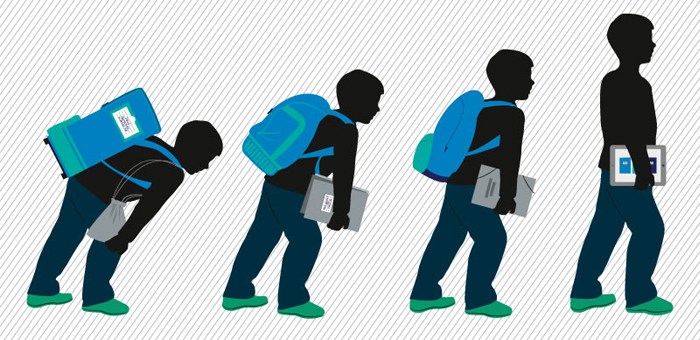
After my return from New York, I was frantically preparing to go back to work, so when I was told about the confinement measures, I was soothed not to have to get back in front of my students, right away, on March 9th, 2020. I was being given a moratory week to get back to normal. So, as I had been using Zoom in my private writing life, I thought it would be a good alternative for my students and we immediately got started online. Little by little the information on the pandemic was streaming in, and in time it dawned on us that the length of the confinement was uncertain. To this day we have no concept how far this will take us…
The absolute truth of the matter, in my experience, is that I have built bonds with my students that go far beyond what normally takes place in my classroom. It was different because I endorsed other roles, such as the therapist role I had to borrow to face the angst and anxieties of my students about what was going on and why. I also became a news moderator as we considered topics on safe distancing, on the blossoming of the environment, on the ‘powers that be’ and much more. We became a group of news commentators, and in this time of fake news, it was a harrowing task.
Another strange factor in our student teacher relation, from the teacher’s point of view now is to enter the intimacy of our students’ private space, seeing their bedrooms adorned with posters of their favourite actors and music bands, photos. Noticing the differences between living spaces from one student to the next was somewhat uncomfortable. The physical classroom is more anonymous, because the focus is on the student’s input, not her bedlinen.
Another embarrassment came to the forefront, as our modems and routers were not equally powerful leading to poorer communication from one student to another. The socio-economic disparities were again made cruelly obvious with unstable connections and computers that were not up to date for the online conference media. In a similar area of disparities, the more tech savvy students could outdo the others in communicability. And so we were led to wonder whether the 5G environment was going to advance our lives and whether it would be a fair tech access to all.
As a writer, involved in distance communication with loved ones, I had always questioned veracity of sentiments when they are conveyed through tech means, that was the existential question at the root of my poem Skype Tear:
https://silverstorkmagazine.weebly.com/skype-tear.html
What I want now is for our Governments to take back from the Tech corporations the power to govern that they have lost, and if they can succeed in this Herculean task, give Education its well-deserved place. Thus, having had to transform a circumstantial and exceptional time into a long-lasting mode of communication (we are in our sixth lockdown week now), I have to bring the positive answer in my poem Skype Tear under a new, dimmer light and hope that I resonate with people around the world for a necessary restart, because we are at a tipping point, and this time, tech vigilance is our duty to a humanist world.
Karine Leno Ancellin is a professor, a freelance writer and translator. She is also involved in poetry in Athens, where, in association with Angela Lyras, she created A Poets’ Agora, a bilingual Poetry society.

